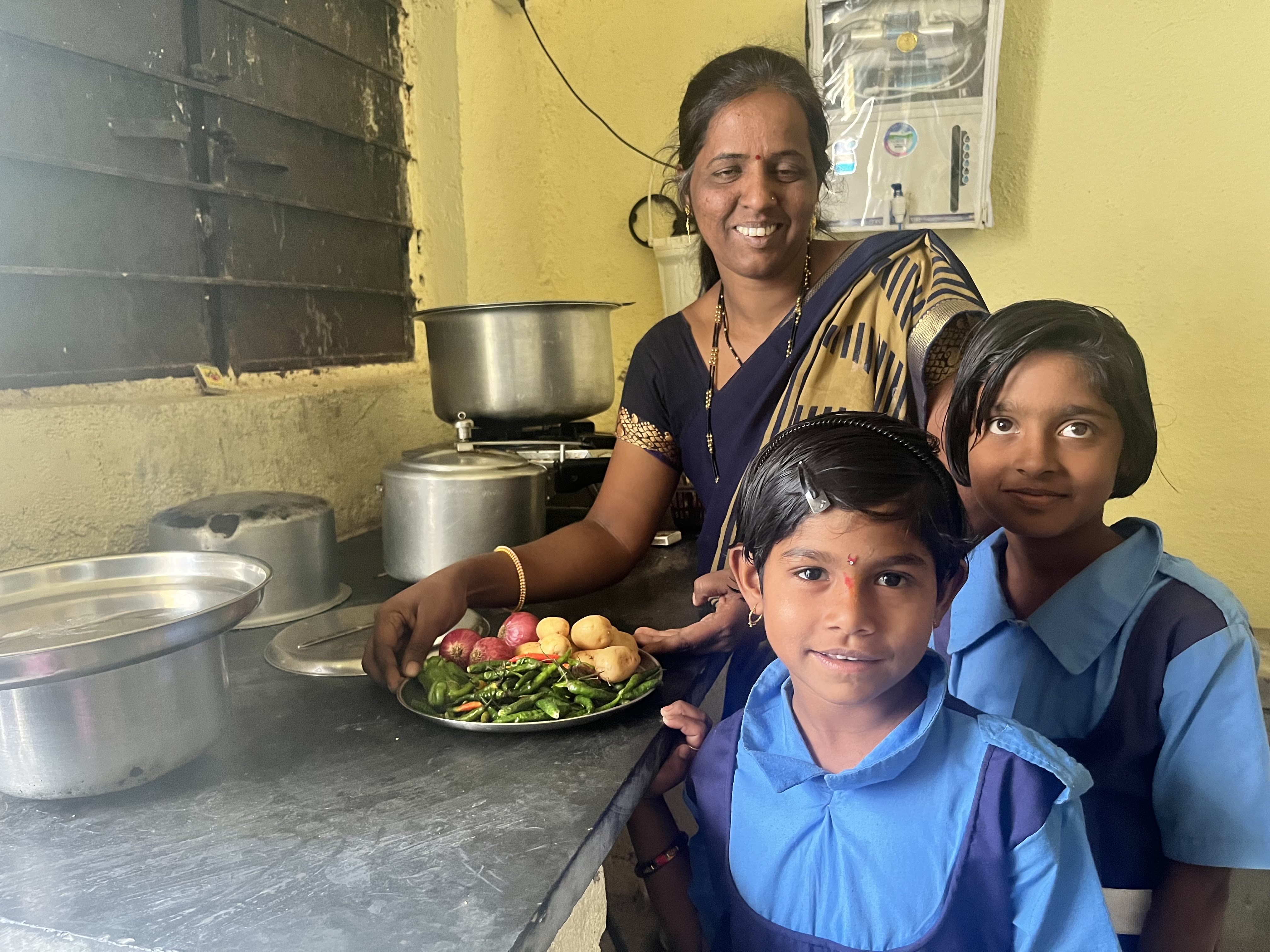Bori Bageecha
Fosters Nutrition Security for Landless Woman's Family
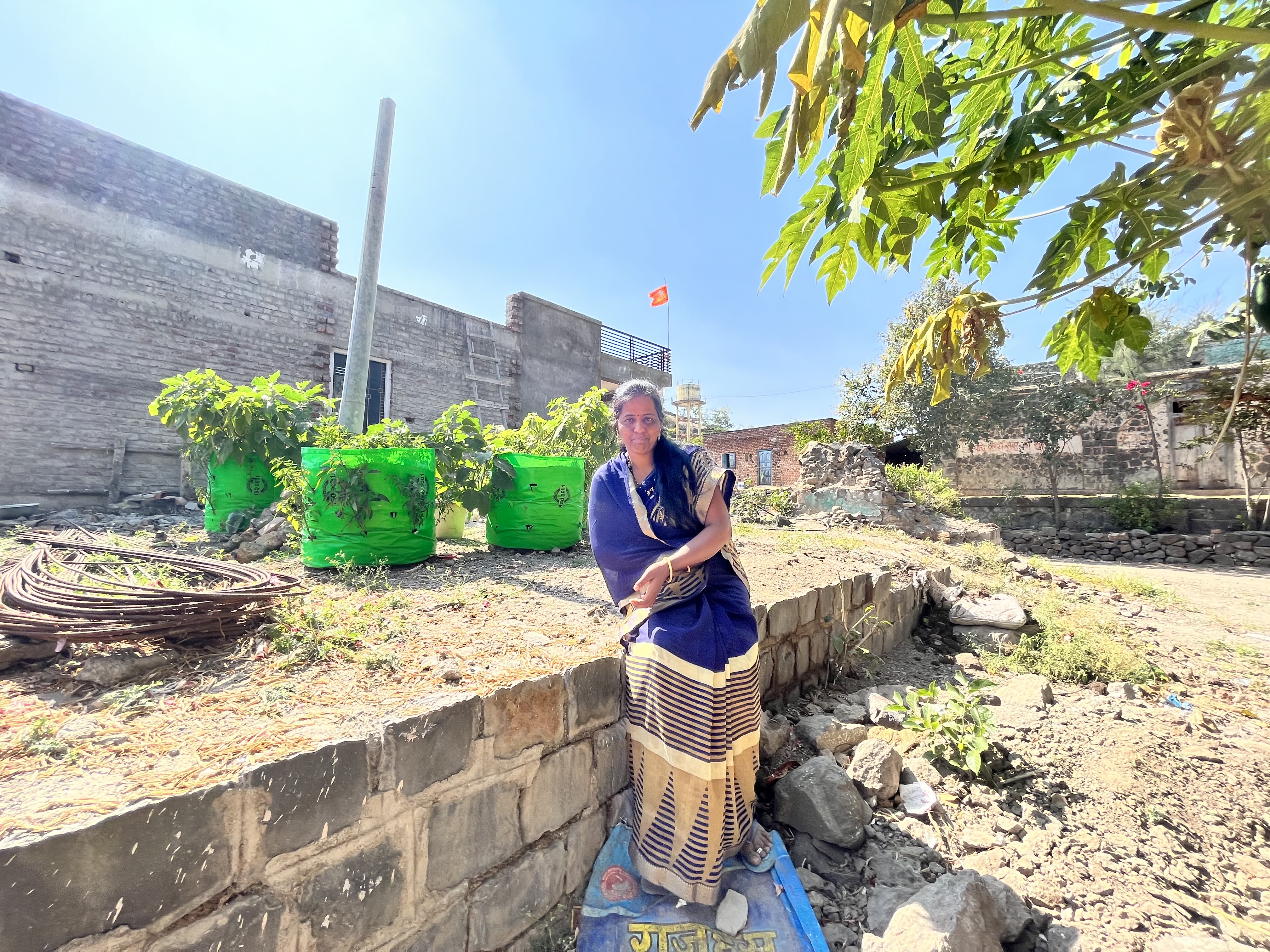
Aruna Ganesh Shivasagar, 39, always wanted to grow her own food, but she thought it was out of question. Her family of five has been living in Kumbharwadi village, Sangamner for years, but they don’t own any land, and are dependent on income from her husband’s kirana store. To supplement family income, Aruna works as an Asha worker, and also prepares midday meals at the Zila Parishad school.
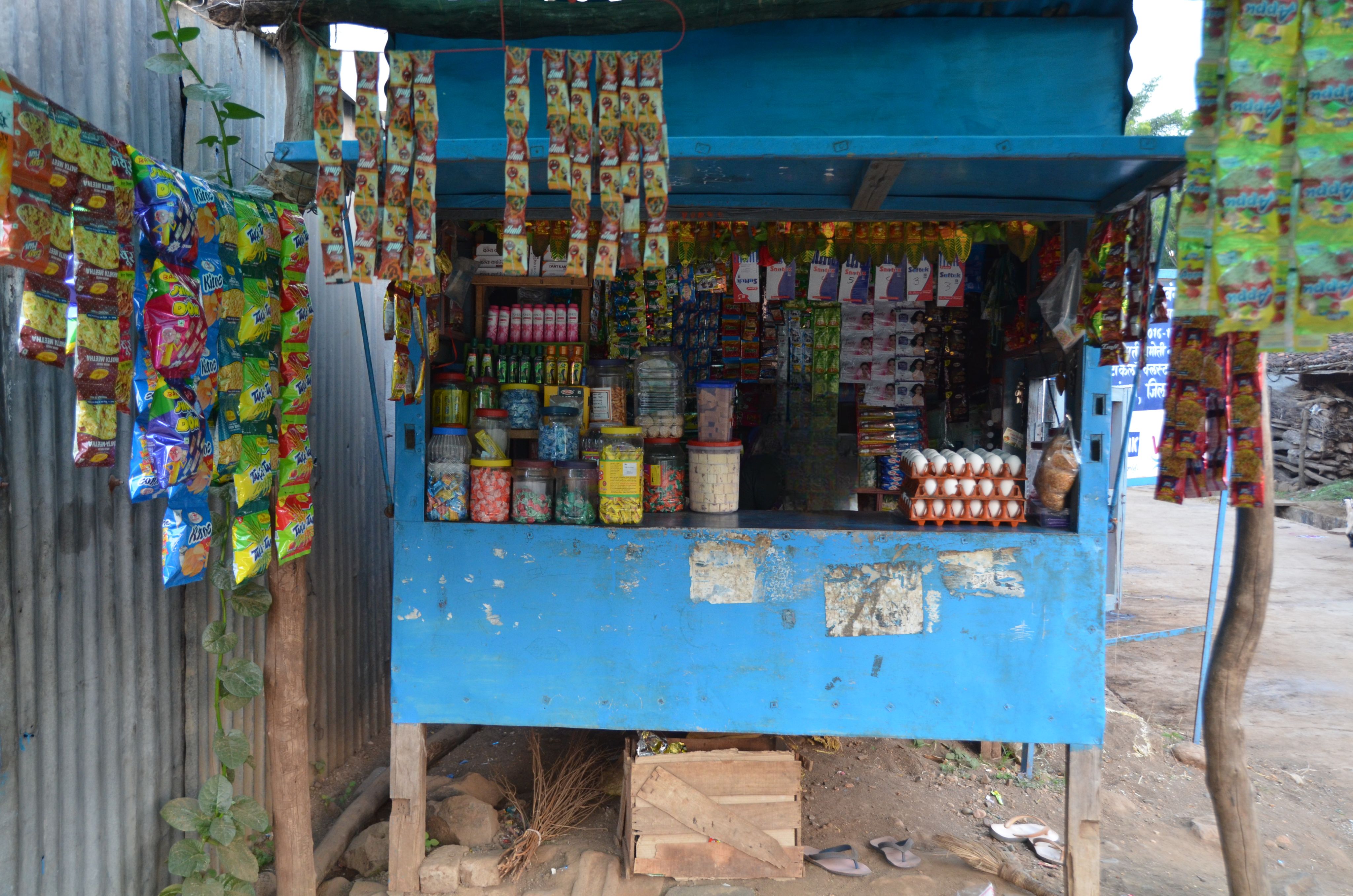
The kirana store managed by Aruna's husband
The kirana store managed by Aruna's husband
When team members from WOTR reached out and told her she could cultivate her own garden, she didn’t believe them. “Zameen nai hai, mitti nai hai, toh upaj kaise hogi? (We don’t have land, there is no soil, how can one grow anything?). They told me everything will be planted in bags; I had never heard of such a thing. I thought they were joking,” she says. Cut to three months later, and Aruna was the proud owner of her own bori bageecha or gurney garden.
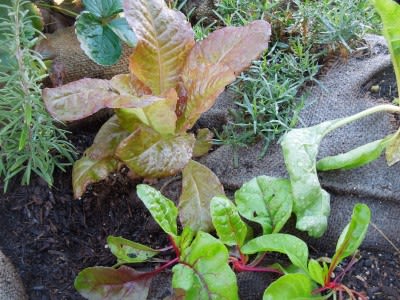
Instead of planting seeds directly into the earth, in gurney gardening, vegetables are planted in soil contained in big grow bags.
The bags require minimum space, making this kind of gardening beneficial for landless families, who may not have the resources to raise a conventional kitchen garden, but can benefit from the nutritional value it provides.
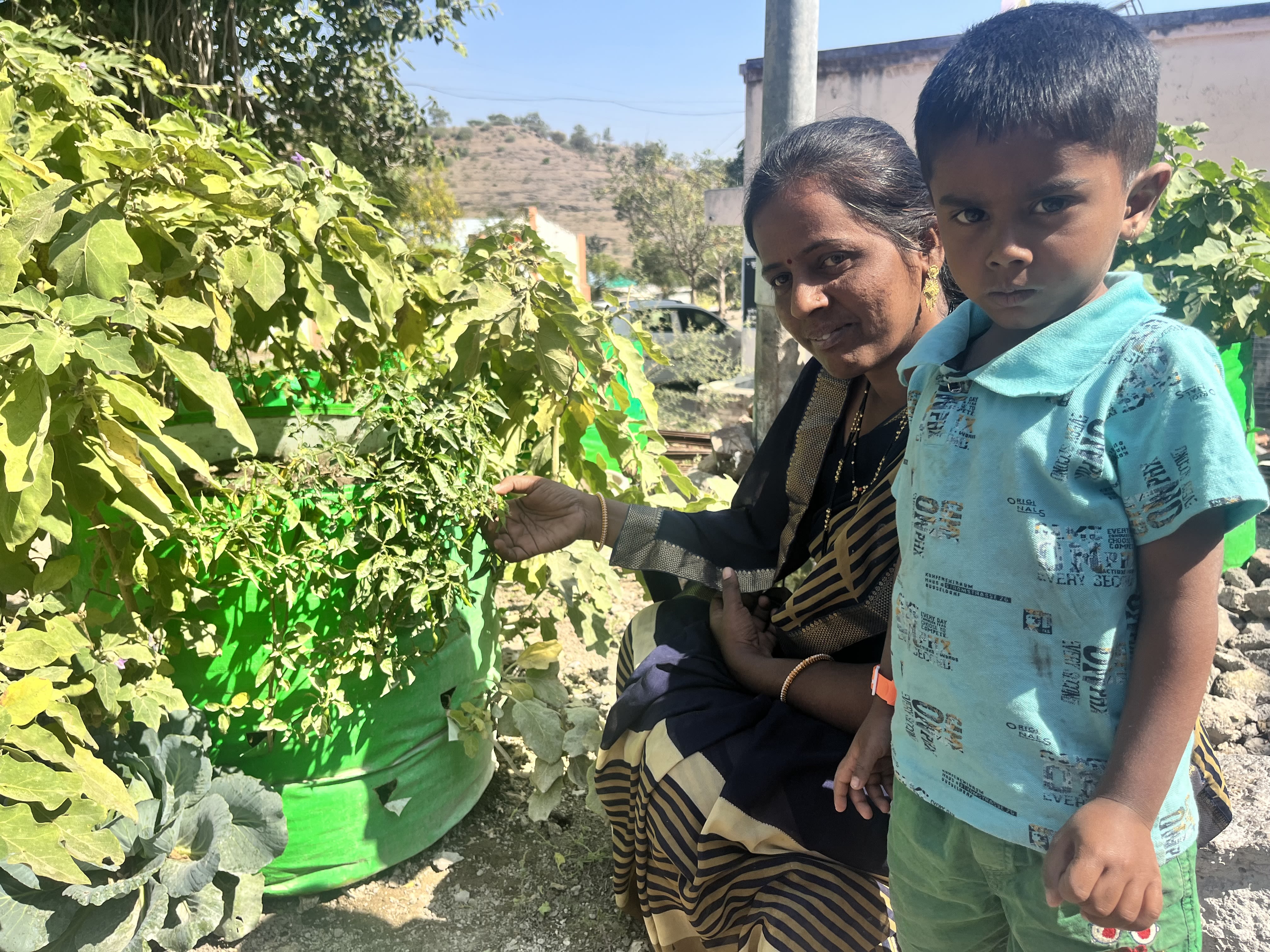
Receiving assistance from WOTR, and supported by Axis Bank Foundation’s ‘Sustainable Livelihoods Programme’, Aruna decided to undertake gurney gardening in her front yard in August.
Three big gurney bags were filled with soil, and the top was left open. To allow for percolation of water through the depth of the bag, and to drain out excess water, long PVC pipes were inserted into the bags’ centre, and packed with pebbles. Cutting slits on the sides of the bags with a knife, different vegetable seeds were sown at different depths in the slits as well as the tops.
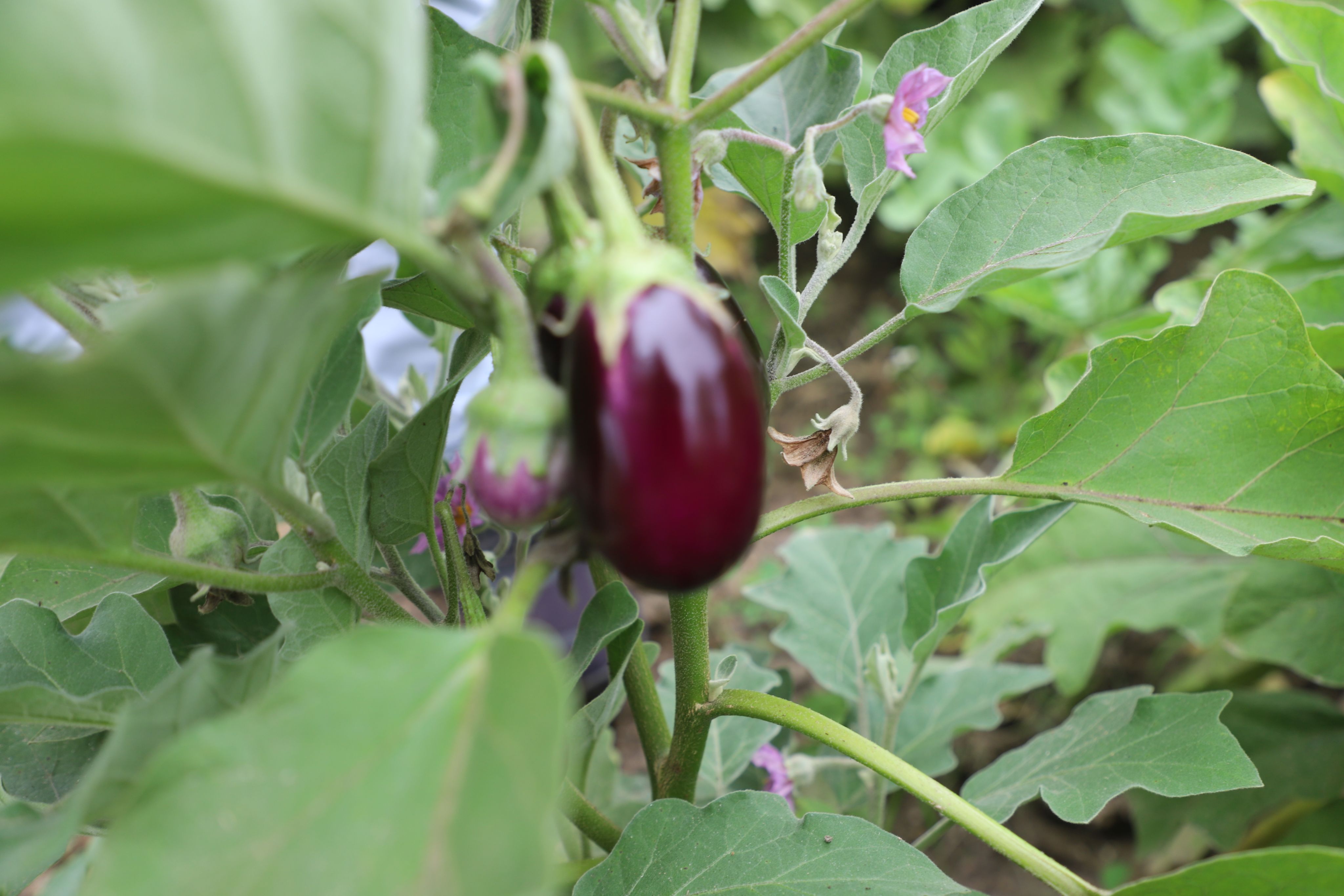
“I was initially sceptical of doing this since I didn’t know the process and investment required, but the WOTR team guided me throughout. I planted chillies, okra, tomatoes and brinjal on bag tops, and cabbages, methi and cauliflower on the slits,” says Aruna, who contributed 20 percent towards the cost of the garden. In addition to assistance, she received indigenous seeds, vermicompost and organic formulations for the garden through the programme.
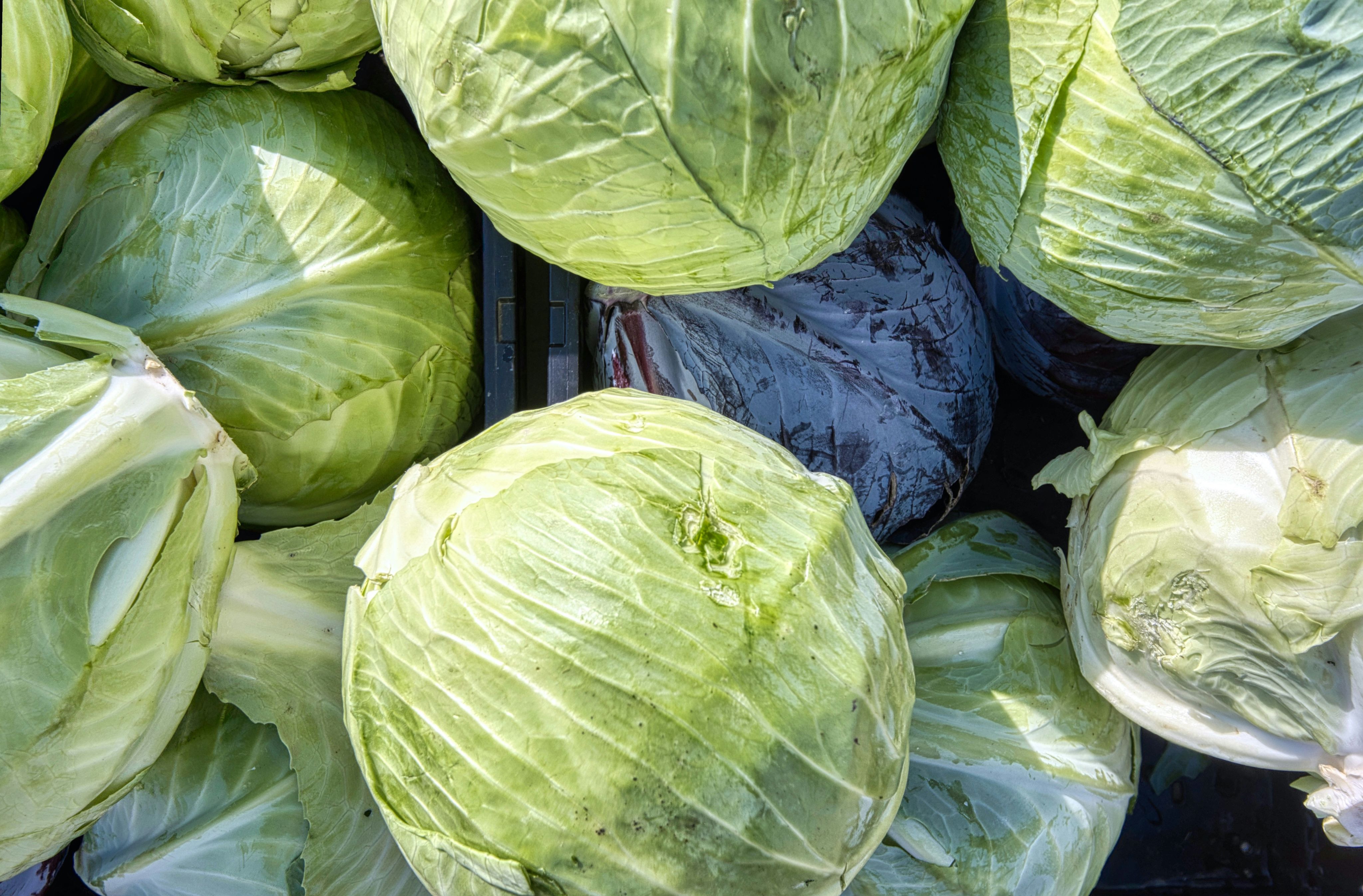
Photo by Eric Prouzet on Unsplash
Photo by Eric Prouzet on Unsplash
Within 3 months, she started reaping produce. “In the first week, I got 5 kg of brinjals and 2 kgs of cabbage. Since October, I think I have harvested more than 40 kgs of vegetables. Some I have used in my home, some I add to childrens’ meals at the school,” she says.
Apart from ensuring nutritional security for the family, she says it has also helped her scale down expenses incurred on groceries. “In the last 4 months, I have saved nearly Rs 3,000. Earlier, I would be spending anywhere between Rs 200-300 on buying vegetables, but that has stopped entirely,” she says.
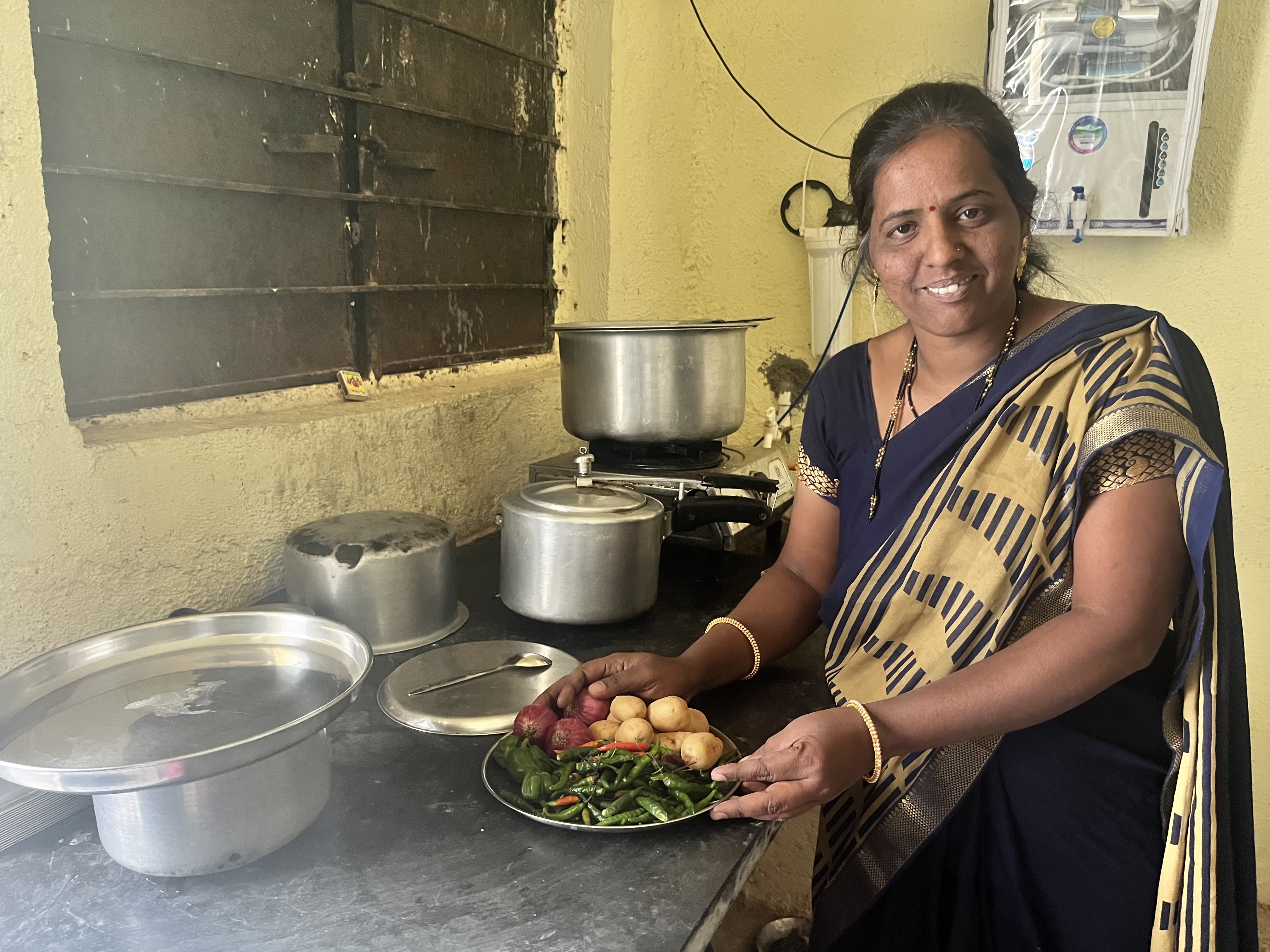
The fact that all produce is organic is an added bonus. “My mother-in-law has been sick for a year now, and eating organic produce is especially good for her. Six months ago, it would have been impossible for us to think we would be eating organic vegetables, but today, that’s no longer the case,” she says.
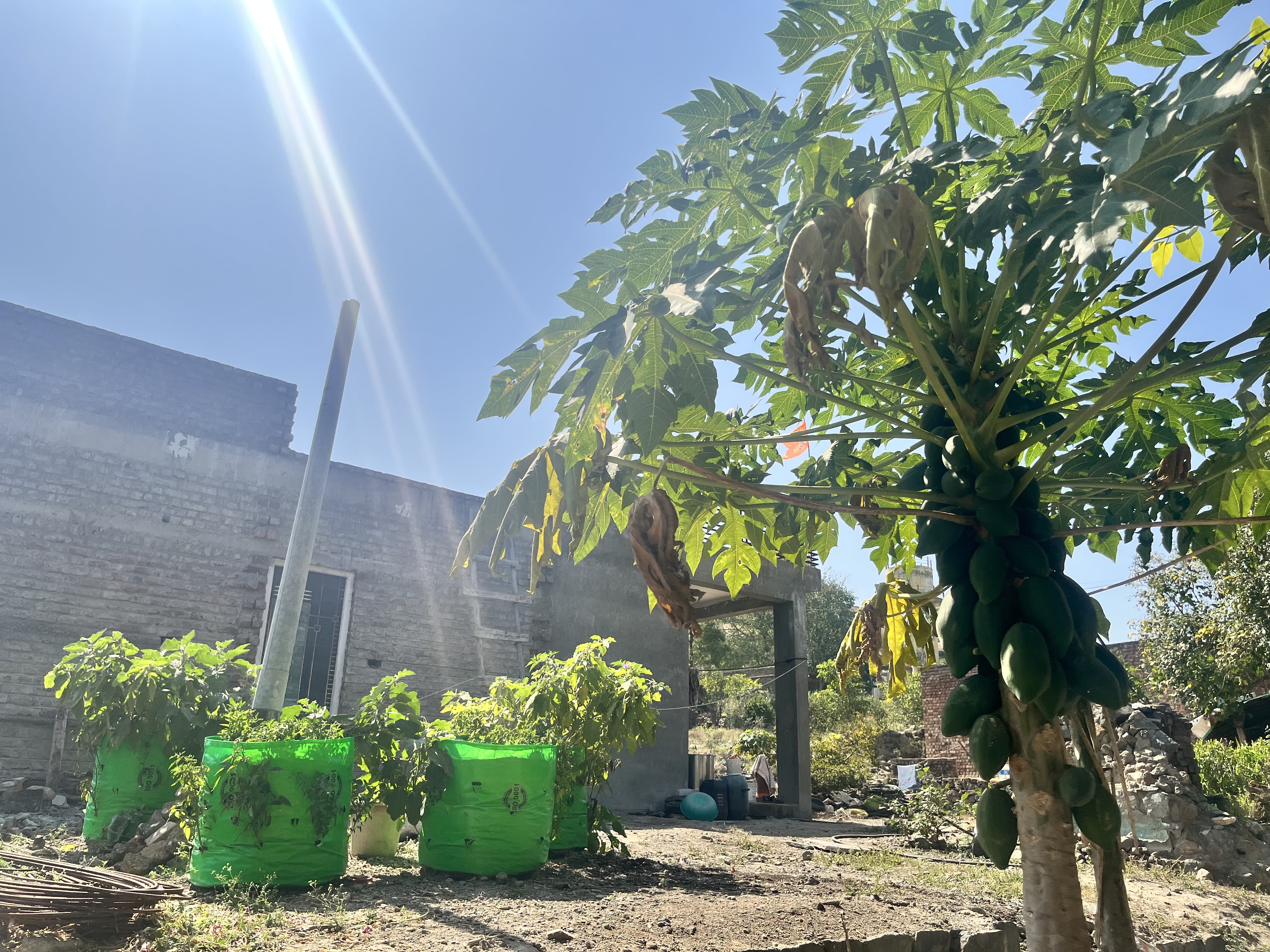
Aruna's bori bageecha
Aruna's bori bageecha
In addition to the availability of fresh and organic produce, what Aruna loves most about this type of gardening is the ease of doing it. “All the boris( or gurney bags) require are minimum space and regular watering. Just plant the seeds, ensure that the soil is moist at all times and within a matter of weeks, the vegetables are ready,” she says.
Her wish of growing her own food finally stands realised.
A project supported by

To invest with WOTR for its initiatives to mobilise communities and develop sustainable livelihood oppurtunities, write to Madhavi Kadrekar at info@wotr.org.
